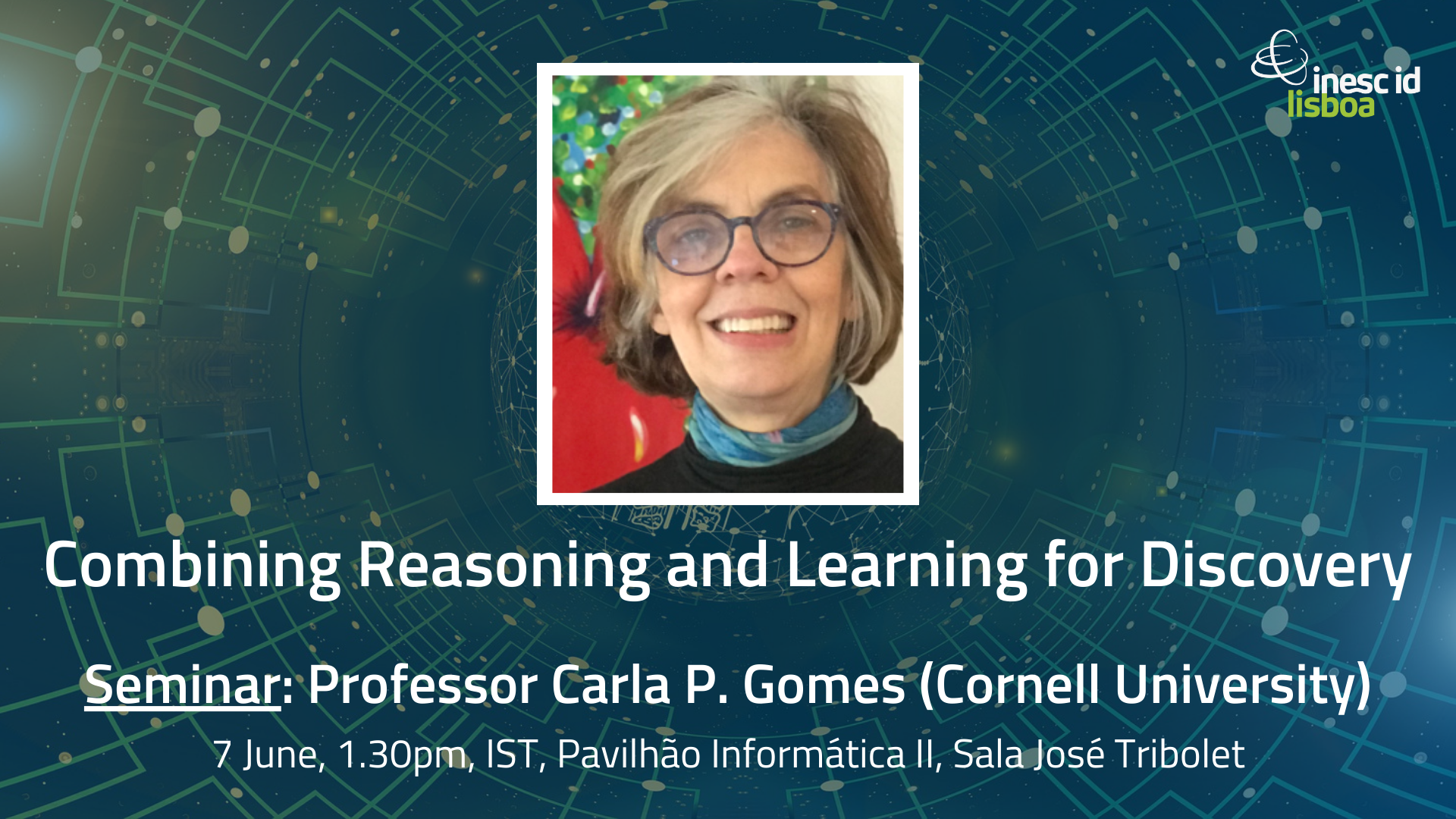
Seminar: Combining Reasoning and Learning for Discovery
07 June, 1.30pm, at Sala José Tribolet in Pavilhão Informática II at IST.
Artificial Intelligence (AI) is a rapidly advancing field inspired by human intelligence. AI systems are now performing at human and even superhuman levels on various tasks, such as image identification, face and speech recognition, and chatbots such as chatGPT. The tremendous AI progress that we have witnessed in the last decade has been largely driven by deep learning advances and heavily hinges on the availability of large, annotated datasets to supervise model training. However, often we only have access to small datasets and incomplete data. We amplify a few data examples with human intuitions and detailed reasoning from first principles and prior knowledge for discovery. I will talk about our work on AI for accelerating the discovery for new solar fuels materials, which has been featured in Nature Machine Intelligence, in a cover article entitled, Automating crystal-structure phase mapping by combining deep learning with constraint reasoning [1]. In this work, we propose an approach called Deep Reasoning Networks (DRNets), which seamlessly integrates deep learning and reasoning via an interpretable latent space for incorporating prior knowledge. and tackling challenging problems. DRNets requires only modest amounts of (unlabeled) data, in sharp contrast to standard deep learning approaches. DRNets reach super-human performance for crystal-structure phase mapping, a core, long-standing challenge in materials science, enabling the discovery of solar-fuels materials. DRNets provide a general framework for integrating deep learning and reasoning for tackling challenging problems. For an intuitive demonstration of our approach, using a simpler domain, we also solve variants of the Sudoku problem. The article DRNets can solve Sudoku, speed scientific discovery [2] provides a perspective for a general audience about DRNets. DRNets is part of SARA, the Scientific Reasoning Agent for materials discovery [3]. Finally, I will also talk about the effectiveness of a novel curriculum learning with restarts strategy to boost a reinforcement learning framework [4]. We show how such a strategy is characterized by left heavy-tails and can outperform specialized solvers for Sokoban, a prototypical AI planning problem.
Professor Carla P. Gomes: Department of Computer Science, Cornell University
Carla Gomes is the Ronald C. and Antonia V. Nielsen Professor of Computing and Information Science, the director of the Institute for Computational Sustainability at Cornell University, and co-director of the Cornell University AI for Science Institute. Gomes received a Ph.D. in computer science in artificial intelligence from the University of Edinburgh. Her research area is Artificial Intelligence with a focus on large-scale constraint reasoning, optimization, and machine learning. Recently, Gomes has become deeply immersed in research on scientific discovery for a sustainable future and, more generally, in research in the new field of Computational Sustainability. Computational Sustainability aims to develop computational methods to help solve some of the key environmental, economic, and societal challenges to help put us on a path toward a sustainable future. Gomes was the lead PI of two NSF Expeditions in Computing awards. Gomes has (co-)authored over 200 publications, which have appeared in venues spanning Nature, Science, and a variety of conferences and journals in AI and Computer Science, including five best paper awards. Gomes was named the “most influential Cornell professor” by a Merrill Presidential Scholar (2020). Gomes was also the recipient of the Association for the Advancement of Artificial Intelligence (AAAI) Feigenbaum Prize (2021) for “high-impact contributions to the field of artificial intelligence, through innovations in constraint reasoning, optimization, the integration of reasoning and learning, and through founding the field of Computational Sustainability, with impactful applications in ecology, species conservation, environmental sustainability, and materials discovery for energy” and of the 2022 ACM/AAAI Allen Newell Award, for contributions bridging computer science and other disciplines. Gomes is a Fellow of the Association for the Advancement of Artificial Intelligence (AAAI), a Fellow of the Association for Computing Machinery (ACM), and a Fellow of the American Association for the Advancement of Science (AAAS).




